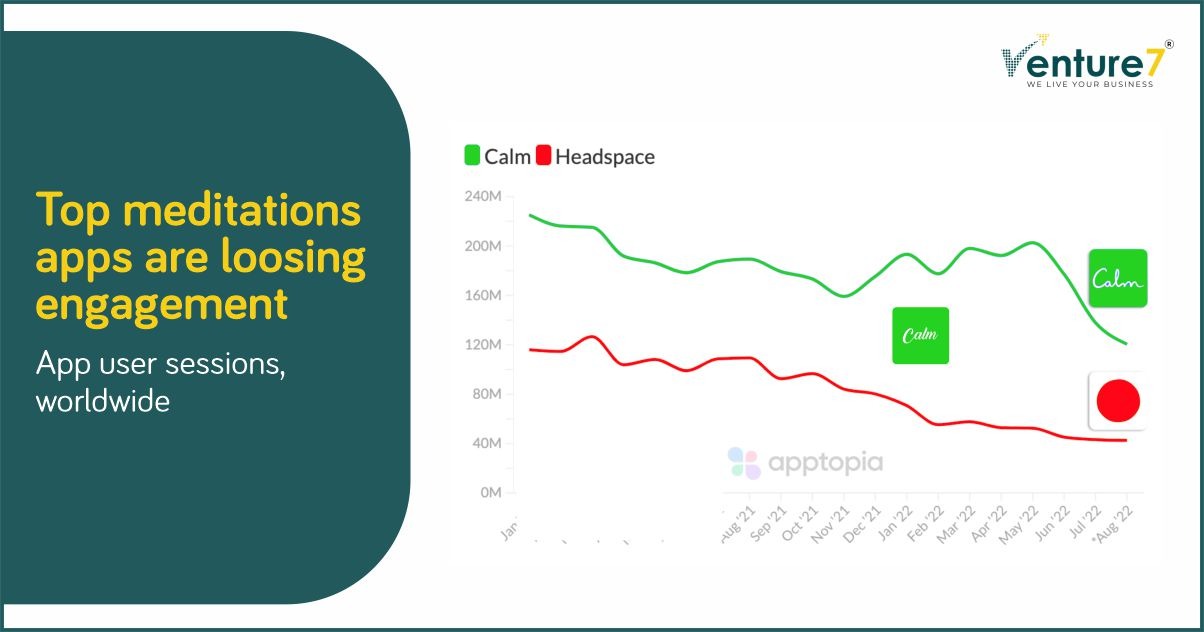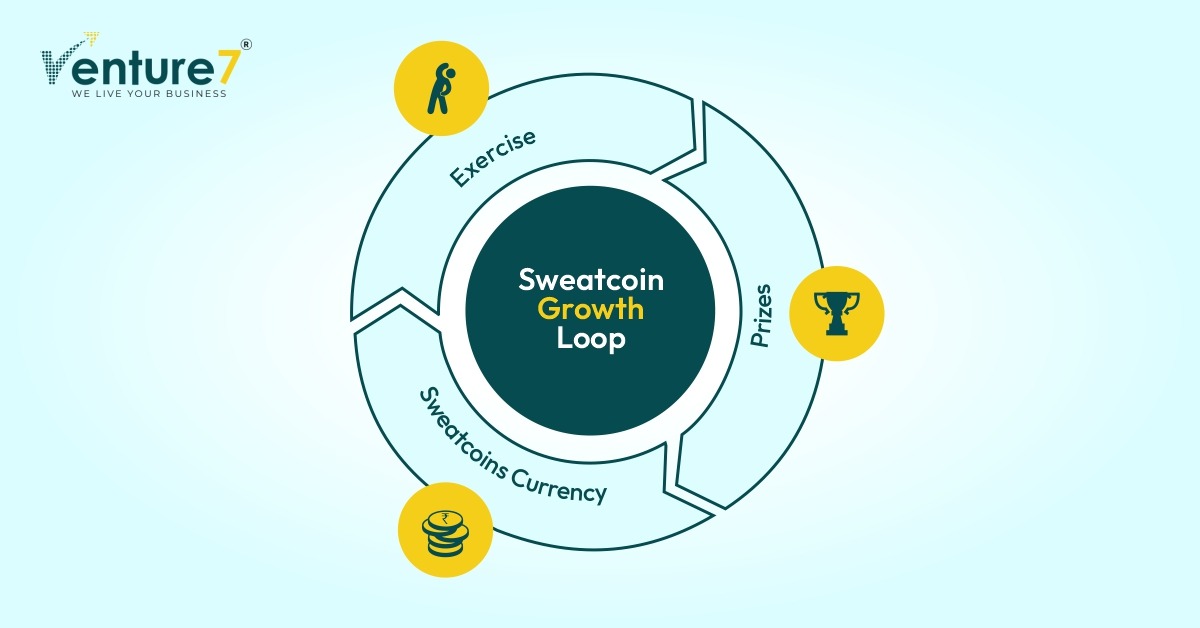Our objective is to assist you in outperforming your competitors. In the past year, with the implementation of Identifier for Advertisers (IDFA) privacy changes, the competition for organic app store search has intensified. This has compelled apps aiming for success to adopt a more assertive approach in paid search, particularly through playing offence with App Store search ads.
Playing offence involves advertising on keywords for which the app does not currently rank in the top 20 search results.
On the other hand, playing defence involves advertising on keywords for which the app is already among the top 20 search results.
It would benefit you to broaden your horizons beyond your primary competitors. Take health and fitness apps, for instance, that aim to promote fitness subscriptions. They can gain insights from streaming companies, which can learn from dating companies, despite each having distinct applications, value propositions, and content areas. However, the underlying principles of game theory, mechanics, and consumer behaviour exhibit striking similarities.
The abundance of data can be understandably overwhelming. To tackle this, it’s crucial, to begin with a well-defined thesis or question. For instance, you could ask, “Why is my competitor experiencing higher download numbers than me?”
Last year we saw how the meditation app usage fell 48% from its height in Q2 2020, and the fall is continuous. Calm and Headspace user sessions were down 26.4% and 60.3% YoY last year, respectively. Later Calm reduced its staff by 20%.

Sweatcoin has become the most downloaded Health & Fitness app globally for the first time. Sweatcoin gained immense popularity after introducing its brand currency as a cryptocurrency. The limited availability of tokens increased their value for early adopters, leading to a significant rise in app installations.
Sweatcoin offers a gamified experience that incentivizes exercise. Users earn sweatcoins by using the app, which they can redeem for prizes on the marketplace. This engagement loop encourages users to stay active and reap the rewards.

In the past year, the changes in Identifier for Advertisers (IDFA) privacy have led to increased competition in organic app store search. To stay ahead, apps are now more aggressively investing in paid search.
In 2022, Expedia experienced an impressive 87% year-over-year growth in the United States, surpassing all other top 10 downloaded travel apps. Expedia also took a proactive approach by running over 200 App Store Search Ads, which was later increased to over 250 in the latter half of the year. This strategy improved engagement and growth as the company increased its spending.
What Can we learn?
Playing Offense: It has been found that advertising on keywords where the app does not appear in the top 20 search results can be beneficial.. Investing in app store search ads is proving to be a profitable strategy.
A core game loop refers to a sequence of actions in an app that occur naturally, one after the other. These actions are what you desire app users to do repeatedly. They should be easy, clear, and rewarding to complete. This forms the basis of app engagement and, above all, retention.
Sweatcoins has been using this strategy to outperform Fitbit’s growth since 2022.




